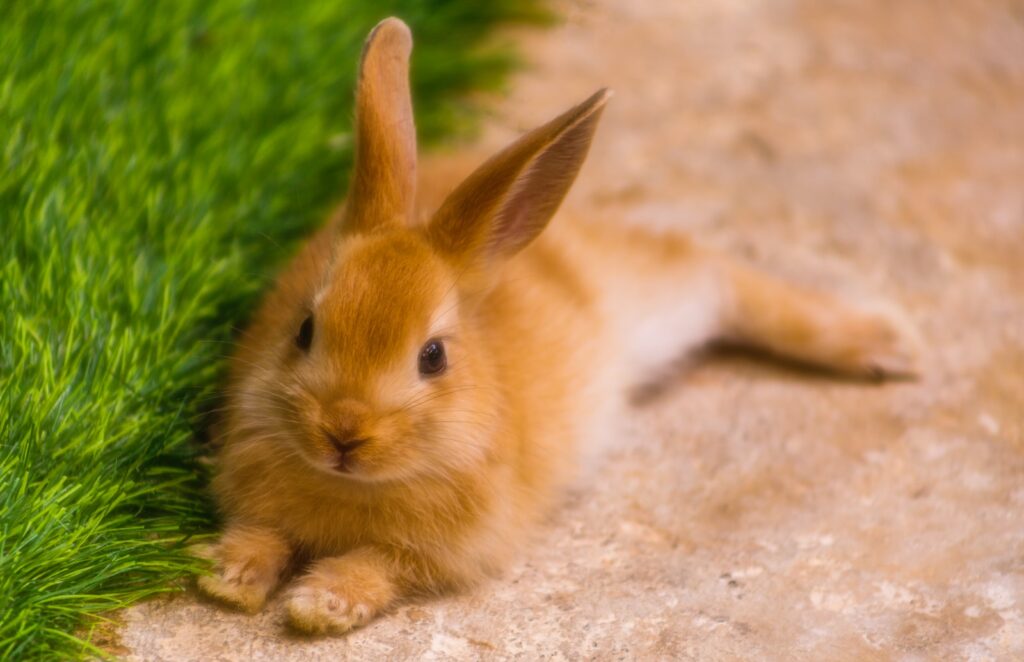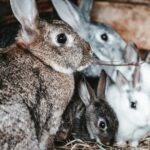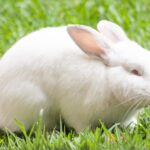Can Rabbits Eat Corn Cobs: Unveiling the Risks and Safer Alternatives
Ever wondered if you can share your delicious corn cob with your adorable rabbit? While it may seem tempting to treat your furry friend, the truth is that corn cobs are not recommended for rabbits. Here’s why:
Potential Dangers of Corn Cobs for Rabbits
Feeding corn cobs to your rabbit can pose several health concerns. One of the primary risks is gastrointestinal issues. Rabbits have sensitive digestive systems, and corn cobs are notorious for their high fiber content and tough texture. These factors make them difficult for rabbits to digest properly, potentially leading to gastrointestinal blockages or impactions.
Moreover, corn cobs are often used during barbecues, where they are seasoned with salt, butter, or other condiments. These additions can be harmful to rabbits, as they require a strictly herbivorous diet without any added fats, sugars, or salts. Consuming seasoned corn cobs can cause digestive disturbances or even lead to obesity in rabbits.
Symptoms and Reactions after Consuming Corn Cobs
If a rabbit consumes corn cobs, they may experience various symptoms and adverse reactions. These can include abdominal pain, bloating, decreased appetite, constipation, or diarrhea. Additionally, ingesting seasoned corn cobs may result in salt or fat toxicity, leading to dehydration, electrolyte imbalances, or even pancreatitis.
It is crucial to monitor your rabbit closely if they have accidentally consumed corn cobs. If you notice any of these symptoms or suspect your pet has ingested corn cobs, it is essential to seek immediate veterinary care to avoid further complications.
Healthier Alternatives for Rabbits
Fortunately, there are plenty of safer options available to treat your rabbit. Consider offering your furry friend fresh vegetables such as carrots, bell peppers, or leafy greens like spinach and kale. These alternatives are not only rich in essential nutrients but also digestible and safe for your rabbit to enjoy.
Rabbits also love fruits, but these should be given sparingly due to their high sugar content. Opt for small portions of rabbit-safe fruits like apples or strawberries as occasional treats. Remember to wash all fruits and vegetables thoroughly to remove any pesticides or harmful residues that could harm your rabbit.
Tips to Prevent Access to Corn Cobs
Prevention is key when it comes to keeping your rabbit away from harmful foods like corn cobs. Here are some tips and measures you can take to ensure your furry friend stays safe:
- Store corn cobs securely in closed containers or inaccessible cabinets.
- Ensure that family members, especially children, are aware that corn cobs are not suitable for rabbits.
- Discard corn cobs properly in sealed trash bags to prevent your rabbit from rummaging through the garbage.
- Supervise your rabbit during outdoor activities, ensuring they don’t come across any discarded corn cobs in parks or public areas.
- Keep the rabbit’s living area clean and free from any corn cobs or other potentially harmful objects.
Conclusion
In conclusion, corn cobs should be avoided in a rabbit’s diet due to the potential risks and detrimental effects they can have on their health. Gastrointestinal issues, seasoning ingredients, and the likelihood of causing various symptoms make corn cobs unsuitable for these adorable furballs.
Instead, opt for safe alternatives like fresh vegetables and occasional rabbit-friendly fruits. By prioritizing your rabbit’s well-being, you can ensure a healthy and happy life for your beloved pet. Remember, responsible pet care includes being aware of foods that can harm our furry friends and taking steps to prevent their exposure.






